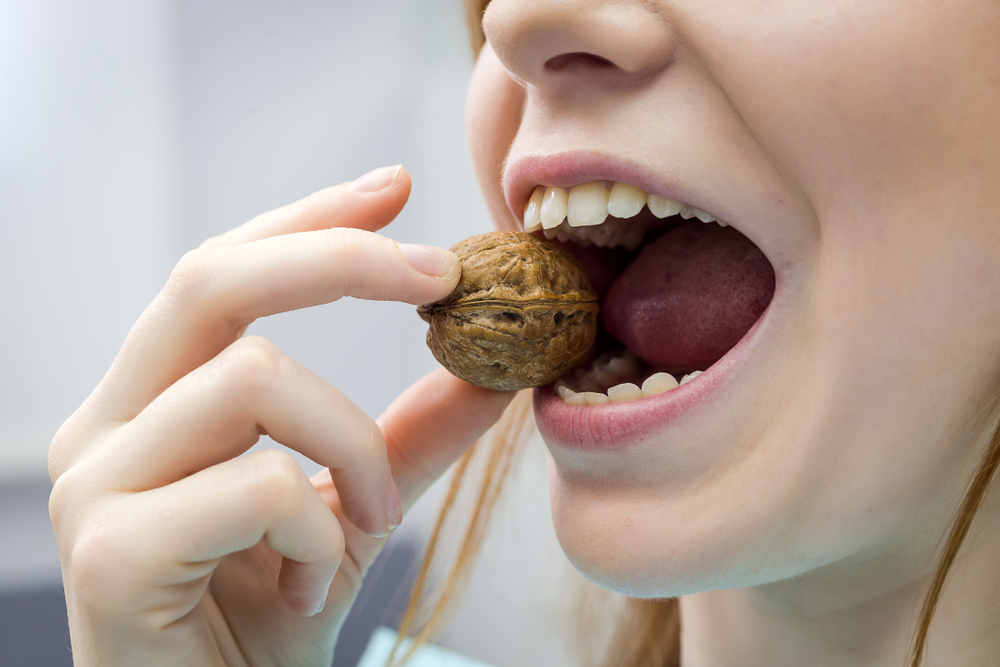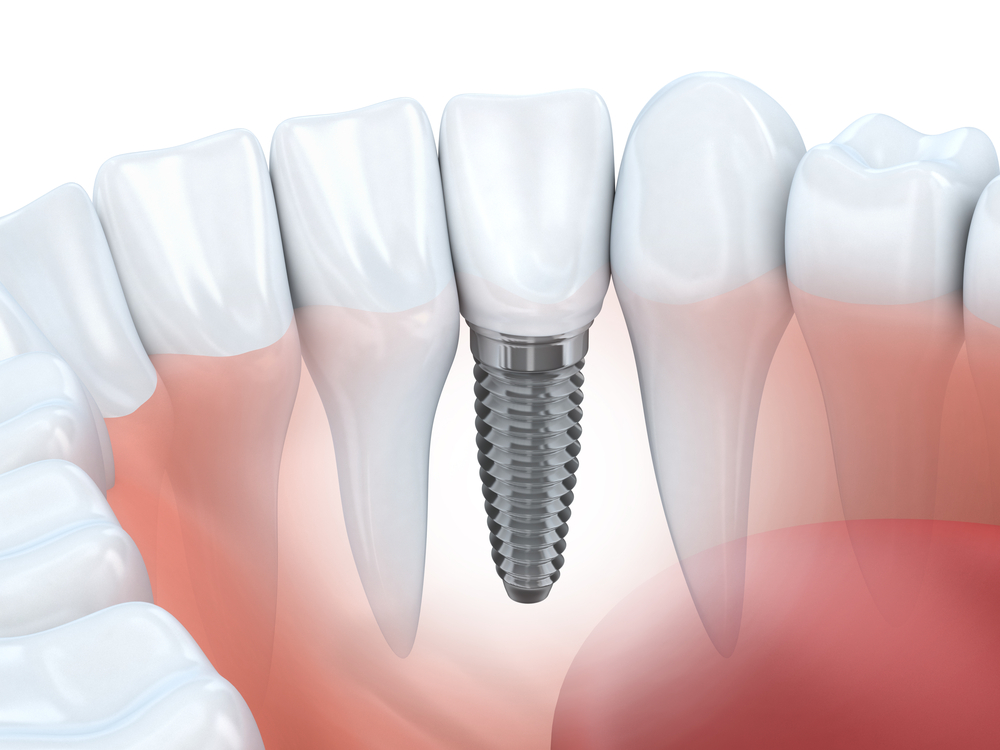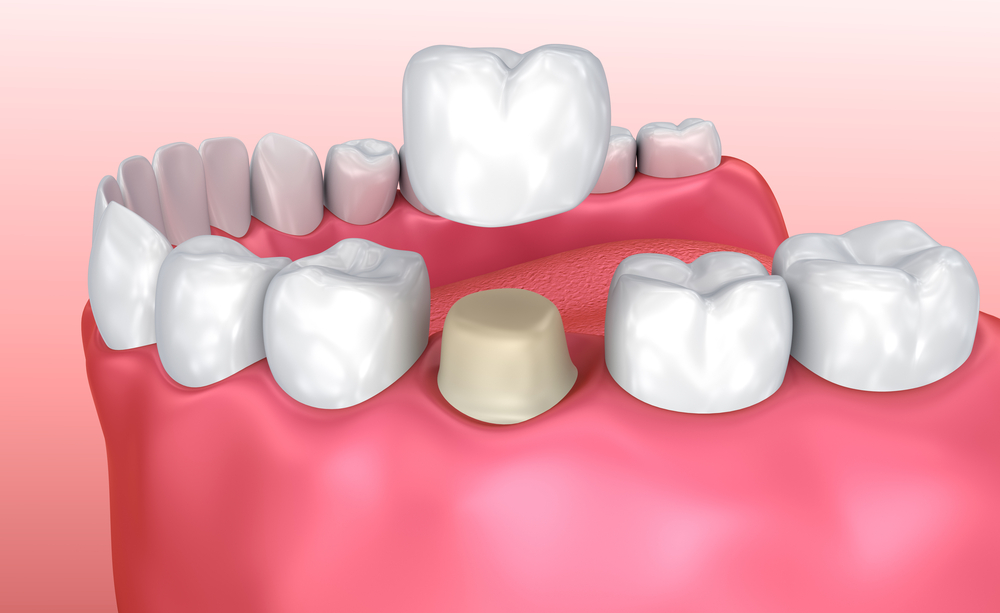- Post-operative symptoms following a root canal procedure are rare
- Certain common-sense precautions can ensure a smooth recovery
- Medications can help manage post-procedural pain
- Diet can make a difference in ensuring optimal healing
A visit to your endodontist to get your root canal treated should end with a sense of relief that the worst is behind you — unless you’re one of the unfortunate few whose recovery is marred by pain and complications.
Here are the post-procedural symptoms you need to watch out for, and some tips to help ensure a speedy recovery.
What are some of the complications that might arise following root canal treatment?
Recent studies show that 90% of patients who have undergone root canal procedures heal successfully and normally.
“There should be complete relief from pain after your treatment,” says retired Norfolk, VA dentist Dr. Ron Rosenthal. Based on his experience, “post-op pain is rare, as it should be.” After all, a root canal procedure is meant to remove the inflamed nerves and vessels in the dental pulp that were causing your pain in the first place.
Unfortunately, complications do sometimes occur. Watch out for these symptoms during the tricky period between the root canal procedure and the permanent filling or dental crown:
- Severe pain or pressure lasting more than a few hours
- Visible swelling inside or outside the mouth
- Allergic reaction to medication
- A feeling of unevenness while biting
- Loss of the temporary crown or filling
- Relapse of pre-treatment symptoms
What are the causes of postoperative pain?
Among those patients who experience symptoms following root canal treatment, “pain is the most common complication to watch out for,” says New York City dentist Dr. Brijesh Chandwani, a Fellow of the American Academy of Orofacial Pain.
A number of factors can cause pain following the procedure. These include:
- Insufficient irrigation or excessive over-filling
— According to Dr. Chandwani, incomplete cleaning of the root canals or overfilling can lead to severe pain. Teeth that have been inappropriately restored are likely to require additional treatments.
- Tooth type — Some types of teeth are more likely to fail than others. Molars are especially vulnerable, accounting for a large proportion of tooth extractions. Dr. Chandwani attributes their susceptibility to the complex nature of molar root canals. “They can require advanced expertise for optimum treatment,” he says.
- Extent of infection — One of the main goals of root canal therapy is the removal of infected portions from the affected area. In extreme cases, even well-treated patients can experience a relapse. In such cases the teeth most be retreated, recleaned, reshaped, and refilled.
What precautions can you take immediately following root canal treatment?
If several visits are required, a temporary filling will be placed in the crown before the tooth is permanently restored. Certain precautions must be taken during this interval to ensure that there are no further complications prior to the installation of a crown or permanent filling.
First, it’s important to wait until the numbness wears off before eating. Also avoid chewing or biting down on the treated tooth until it has been restored, as it will be more susceptible to fracture.
According to Miami-based endodontist Dr. Rita Steiner, it’s also important to avoid heat. “Heat makes gas expand,” says Dr. Steiner. This can cause the air inside the cleaned-out root canal to put pressure on the bone around the tip of the root, triggering mild pain or discomfort.
Make sure you see your dentist for a full restoration as soon as possible, and remember to brush and floss daily in order to ensure that the treated area remains clean and free of infection.
What medications are best suited to assist in the healing process?
A number of medications can be taken to alleviate pain and avoid complications during the period immediately following root canal treatment.
A major goal during this vulnerable interval is the elimination of any bacteria that might be lingering in the treated area. In some cases this can be effectively achieved through the use of antibiotics, although recent studies shared by the American Association of Endodontists suggest that antibiotics are frequently overprescribed, and that their role in preventing complications and pain is limited.
Post-treatment pain can easily be managed through the use of over-the-counter medication such as Advil and Aspirin. In some cases, stronger narcotic pain relievers may also be prescribed.
Other over-the-counter pain medications such as Naproxen and Novafen have also proven to be effective, as has the prescription drug Tramadol. Additionally, studies have shown that a combination of ibuprofen and acetaminophen can be more effective than ibuprofen alone.
It’s important to follow your dentist’s instructions: missing a dose can affect efficacy, while taking a dose too many can lead to unpleasant side effects, such as drowsiness and the inability to perform daily tasks.
Can diet and nutrition play a role in ensuring optimal healing?
The food you eat and steps you take to ensure that your body gets the nutrition it needs can go a long way towards helping you heal.
Dr. Sanda Moldovan, a periodontist and nutritionist based in Los Angeles, offers these words of caution: “The bacteria inside decaying teeth can be very aggressive, causing sepsis by entering the bloodstream.”
She therefore recommends a steady diet of leafy greens to alkalize the body. “Typically, infections cause an acidic environment, which tends to delay healing,” Dr. Moldovan says.
In addition, she recommends that patients support the detoxification and healing process by taking vitamin C, vitamin D, and zinc supplements. Oregano and goldenseal can also help “clear out the bacteria,” according to Dr. Moldovan.
In some cases, the causes of pain and unpleasant symptoms following root canal treatment are beyond the patient’s control. Nevertheless, you can play an active role in determining the extent and speed of your recovery. Taking care of your teeth through a few common-sense precautions and adhering to your dentist’s advice will help you avoid potential complications and side effects.









